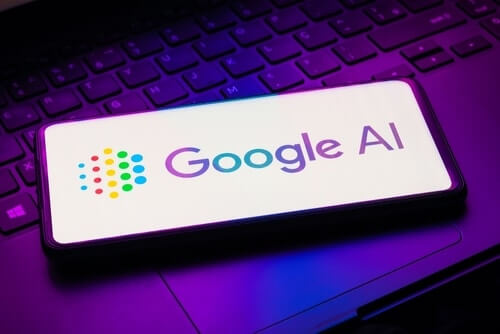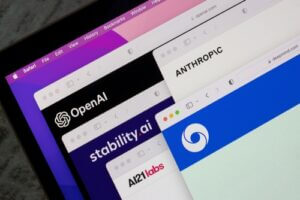On Friday, Google concluded its closing arguments in an antitrust case whose results may dictate its artificial intelligence (AI) strategy.
In October 2020, the US Justice Department and eleven states accused the tech giant of unfairly monopolizing search engine traffic. The plaintiffs cited the California-headquartered firm’s interlocking arrangements designed to prevent competitors from acquiring a meaningful audience.
Newly unsealed documents this week detailed the conglomerate’s massive spending to monopolize search engine users from top brands. For instance, Google paid Apple over $1.00 billion a month in 2021 to remain the Safari browser’s default search engine.
Furthermore, the conglomerate paid over $20.00 billion in 2022 to retain its search engine’s prime placement in iPhones. It had similar deals with device manufacturers like Samsung, LG, and Motorola, as well as browsers like Mozilla and Opera.
As a result, Google effectively owned or controlled approximately 80.00% of all general search queries in the US in 2023. The company argued that its search engine’s various advantages, not anticompetitive practices, are behind its dominance.
Google added that its contracts with various brands do not prevent users from switching to a different search engine. DoJ attorneys countered that most mobile device users tend to stick to whichever default option they are presented with.
Antitrust Verdict May Strip Google of Its LLM Edge
The antitrust ruling is pivotal to Google since its search engine supremacy considerably influences its generative AI (GenAI) strategy. Its monopoly gives the company exponentially more training data for large language model (LLM) machine learning than its competitors.
Hence, the Alphabet-owned company can accelerate the development of its LLM systems and prototypes even without a technological advantage. Critics cautioned that if Google takes the lead in the AI arms race, it may adopt the same strategy to stifle the competition.
Tech watchers warned that Google may pay companies to make its Gemini GenAI model the default chatbot in their devices. Nevertheless, if the judge rules against it, the tech giant might have to scrap significant portions of its AI roadmap.











